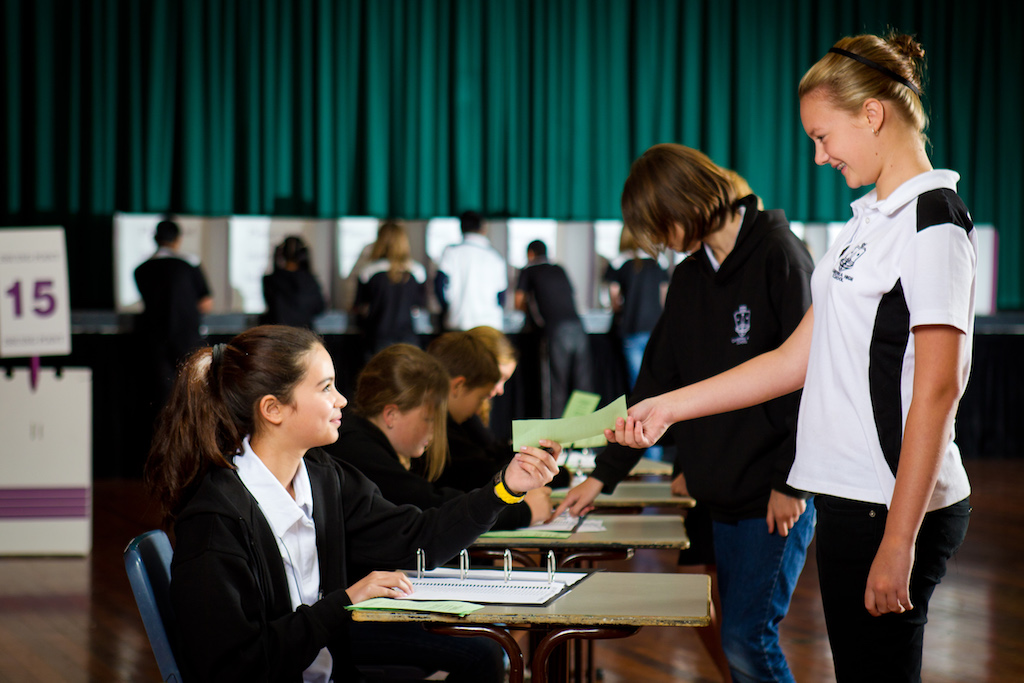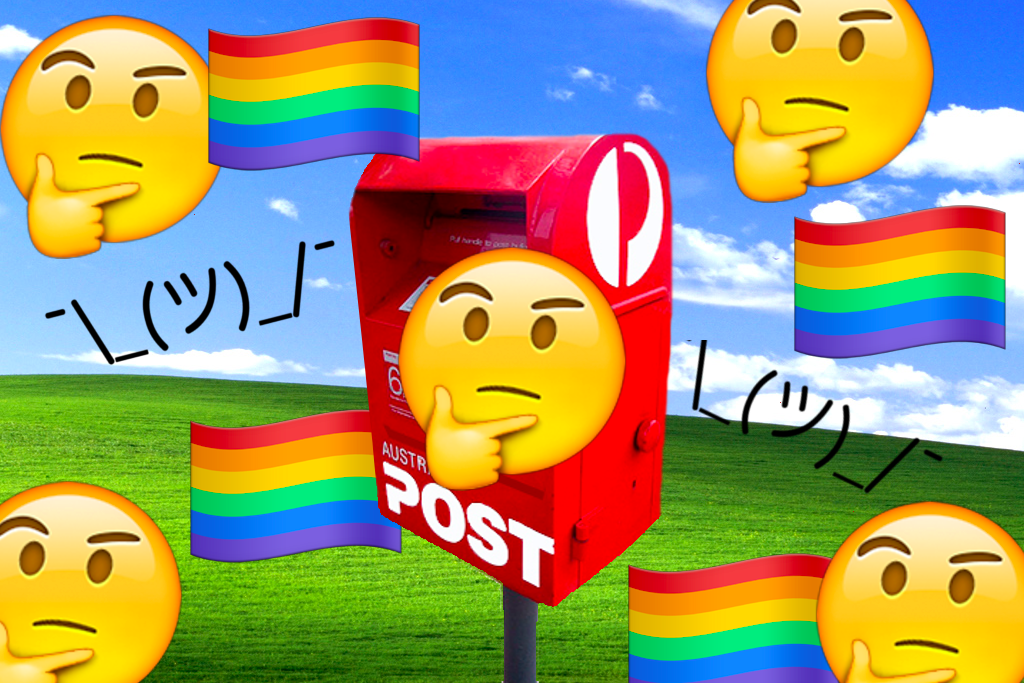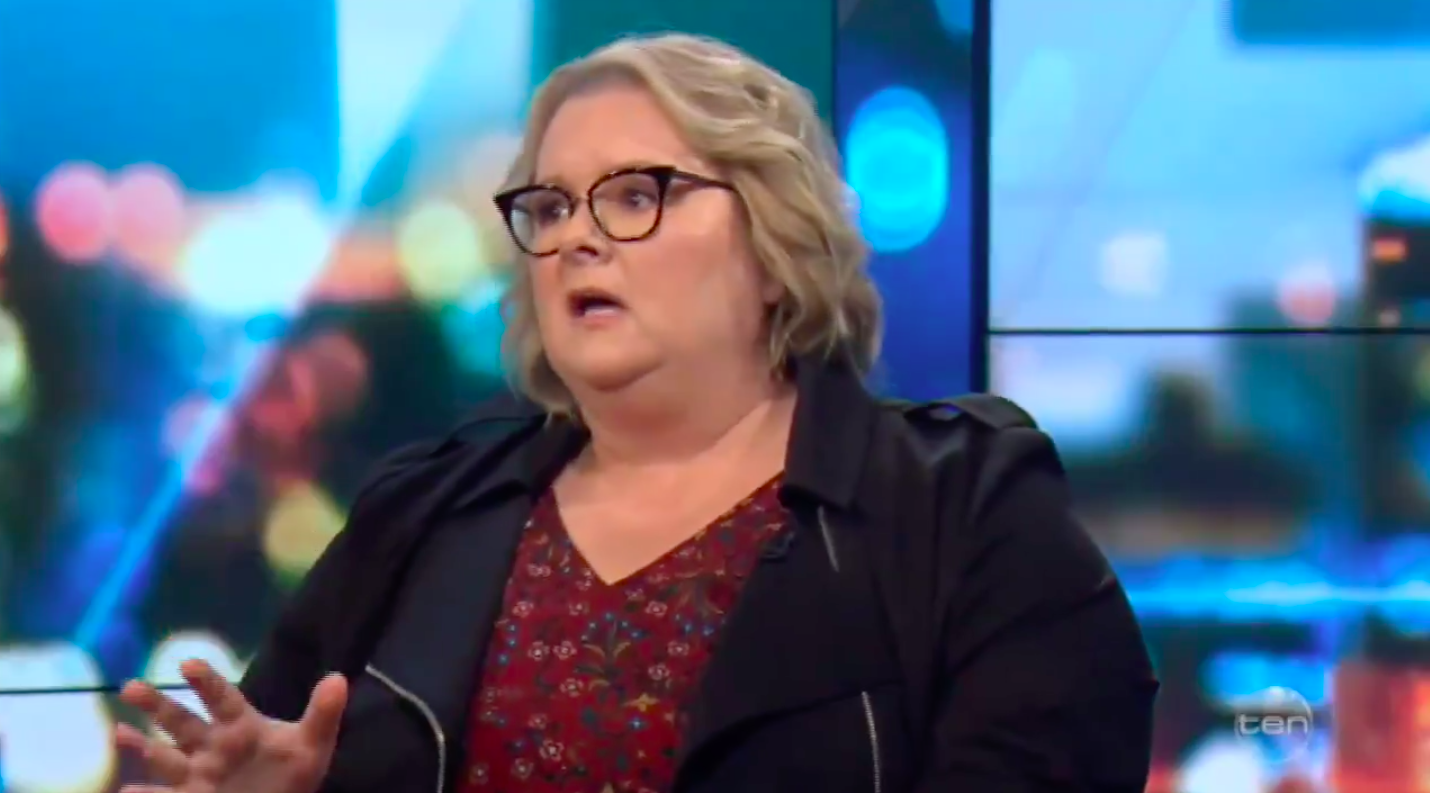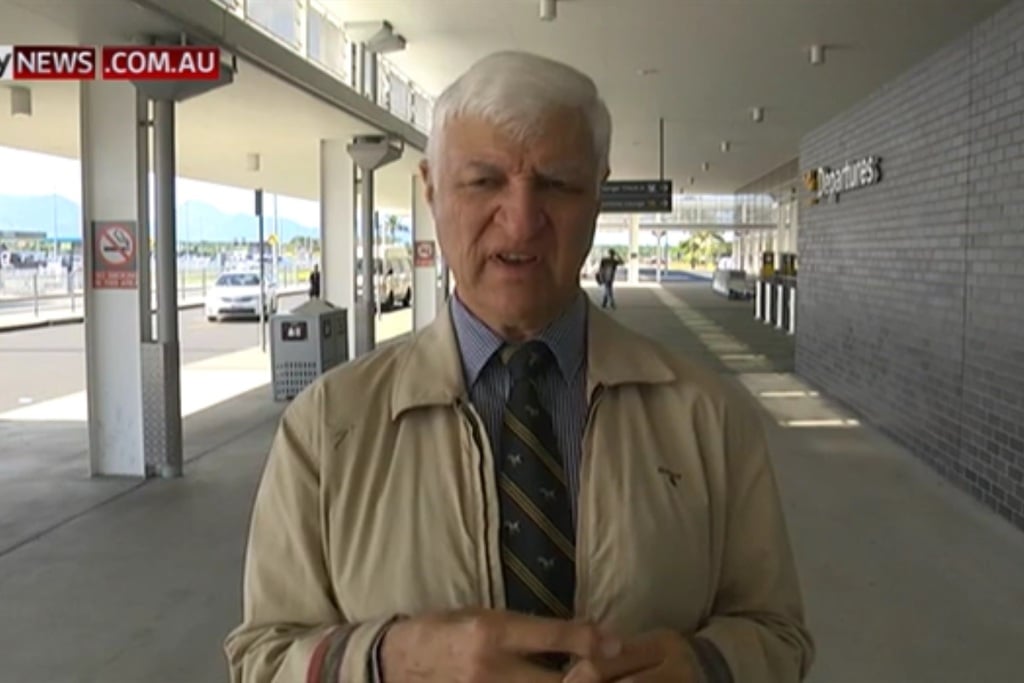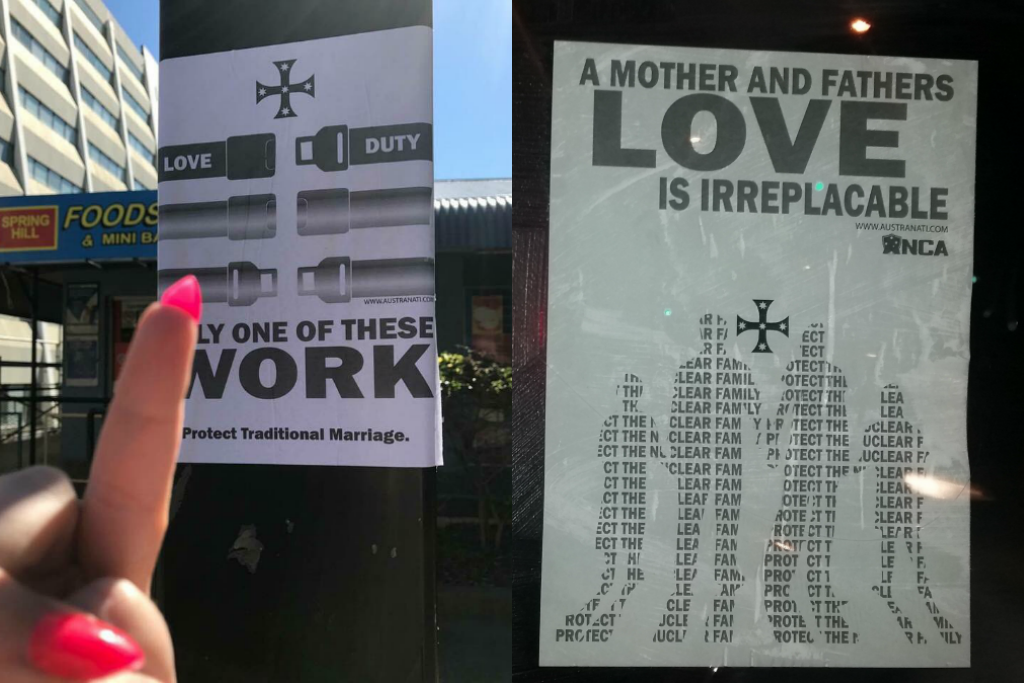Meet The Teen Who Wants To Take The Govt To Court Over The Marriage Survey
Cameron Warasta's not letting final exams stop him from taking the Government on.
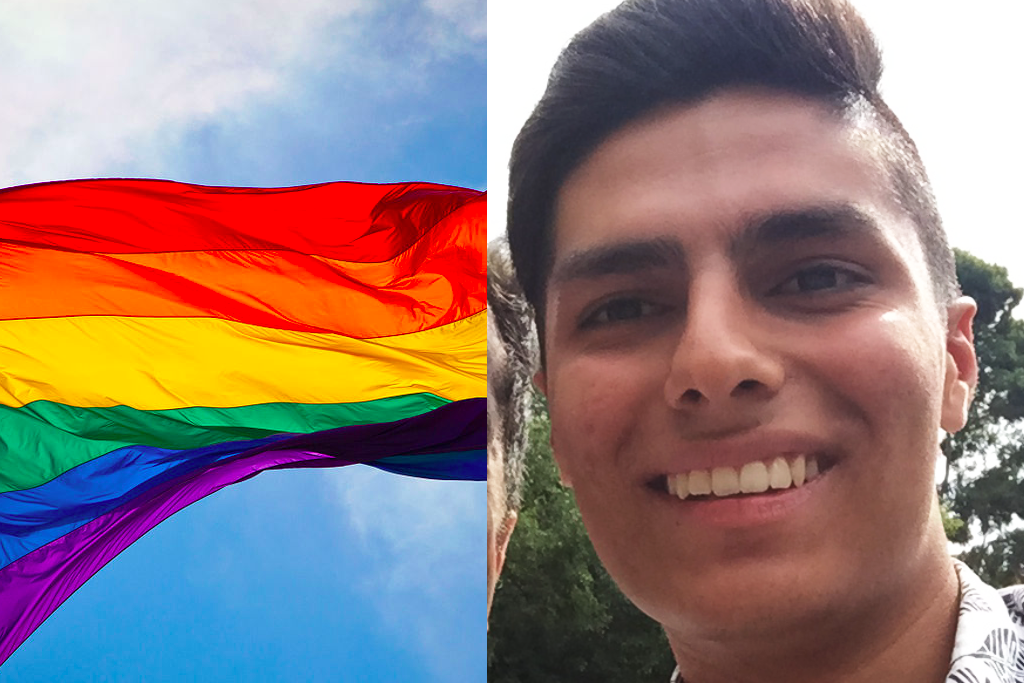
Cameron Warasta is 17. He’s in his final weeks of Year 12, preparing for graduation and his VCE exams in just a couple of months.
All very normal, except that in his spare time, he’s taking the Government on over its exclusion of 16 and 17-year-olds from the postal survey on marriage equality. He’s already lodged a discrimination complaint with the Australian Human Rights Commission, and is hoping to take the case to court, ideally before the postal vote is over.
The complaint and case, which is being run by a pro-bono legal team from the Inner City Legal Centre, seeks to challenge the Government’s direction that only enrolled voters over the age of 18 can vote in the postal survey. The Government was forced to issue the clarifying direction after loose wording in the initial direction appeared to give 16 and 17-year-olds on the electoral roll the right to vote.
Cameron argues that this is in breach of the Age Discrimination Act. If his case is successful, there’s a chance that another 50,000 young people could gain a vote on marriage equality.
Junkee spoke to Cameron yesterday afternoon about what the case means to him. He says he’s “just a normal teenage kid — it’s just that I’ve got a burning desire for social justice and ensuring we have inclusive prosperity”.
That desire shows up in his previous activism. In 2016 he was a Youth Ambassador for Save The Children, travelling to Canberra to lobby politicians on behalf of the organisation. He’s a member of the Labor Party, and has been door-knocking and attending rallies with Rainbow Labor to encourage people to vote in the postal survey on same sex marriage. He got in touch with the legal team behind his case through a recommendation from someone who’d worked with him in the UN Youth program.
Met the v impressive Cameron Warasta, @savechildrenaus Youth Ambassador to talk about Australian Aid today. pic.twitter.com/vAfjzWGQjs
— Tim Watts MP (@TimWattsMP) June 1, 2016
So naturally, the fact that he himself can’t actually vote is an issue close to his heart.
“If we’re going to have a divisive, noxious postal survey, I think the people who are most affected by that are young people,” he told Junkee. He says the normal voting age has nothing to do with this.
“We have to bear in mind that this isn’t a normal election, this isn’t a normal vote — this is a statistical survey conducted by the ABS. Sixteen and 17-year-olds should have a say in this because they’re stakeholders, it affects them directly.”
“Many of our parents are members of the LGBTIQ+ community. Many of us are members of the LGBTI community. It has a direct impact on us.”
Even just amongst Cameron’s own school community, that impact is being felt. LGBTI rights have already been in the spotlight at Melbourne Grammar this year, after vice-captain Rich Bartlett came out to the entire school in a powerful speech at an assembly in May. Cameron says the “school’s become really accepting of this”, and students have been banding together as a community as the postal vote’s no campaign gathers steam.
Still, Cameron wants teens to be able to do more than just support each other through this. He’s angry at suggestions from Malcolm Turnbull that people hug their LGBTQI+ friends who are hurt by the debate on their rights.
“It’s really interesting that Malcolm Turnbull says to give your gay friends a hug, to embrace them or whatever. That itself is a concession that this debate is going to be noxious — he’s conceding that,” he said.
“When Turnbull was first elected Prime Minister — I’m a Labor Party member– but I had high hopes for this country. I thought, we’re heading towards a more centrist, more moderate, a more progressive direction.”
“But then as the months went on, the right-wing faction of his party hijacked him, and he pretty much sold his soul to them. The fact he bought into this whole narrative of having a postal survey, it’s ridiculous, and it just goes to show his weak leadership. He’s a coward. Full stop, he’s a coward.”
“Every time I think about it it’s saddening. I expected much more from him.”
But Cameron believes the youth can step up where politicians fail. Even if his case is unsuccessful, he sees an important role for teens in the campaign for marriage equality.
“We can send a message to Malcolm Turnbull that this [postal vote] is not right, it’s not on. We are the next generation of leaders, and as soon as we recognise that and get involved, that’s when we can make a difference.”
“I’d encourage any 16 or 17-year-old [or] even younger kids, to get involved with the campaign. I’m working with Rainbow Labor, going door knocking and attending rallies and stuff, but everyone can get involved in their own way. Even if it’s just a conversation with somebody, every bit matters, and that’s important.”
It’s too early to tell whether Cameron’s case has a shot at getting 16 and 17-year-olds a vote. At the moment he’s waiting for the Human Rights Commission to respond to his complaint — his legal team’s hope is that the HRC will terminate it because it is unlikely to be resolved through conciliation, which would open the door for them to challenge the Government in court.
The case’s campaign director Daniel Richardson, who is helping run the campaign, told Junkee he’s quietly confident of Cameron’s chances.
As for whether all this activism is clashing with his VCE prep, Cameron laughs.
“Yeah, I mean even today I had a legal studies assessment, and I was just bombarded with all these texts and stuff about appearing on triple j, 3AW and stuff,” he said.
“It’s kind of crazy.”
__
If you’re interested in receiving updates on Cameron’s case, you can do so at his website here.
